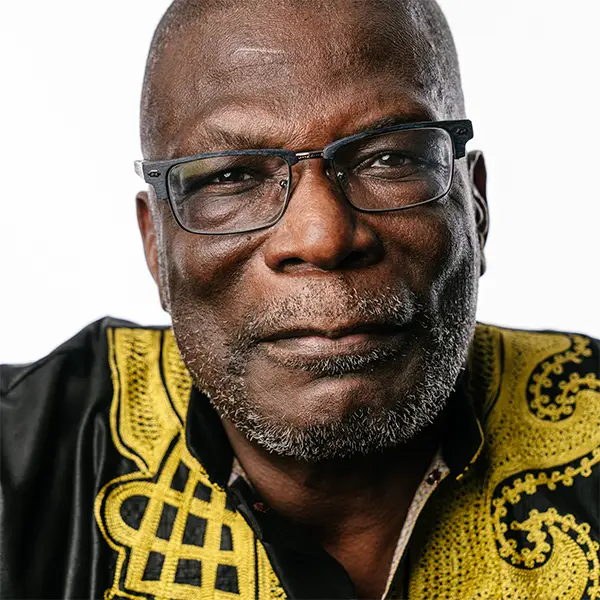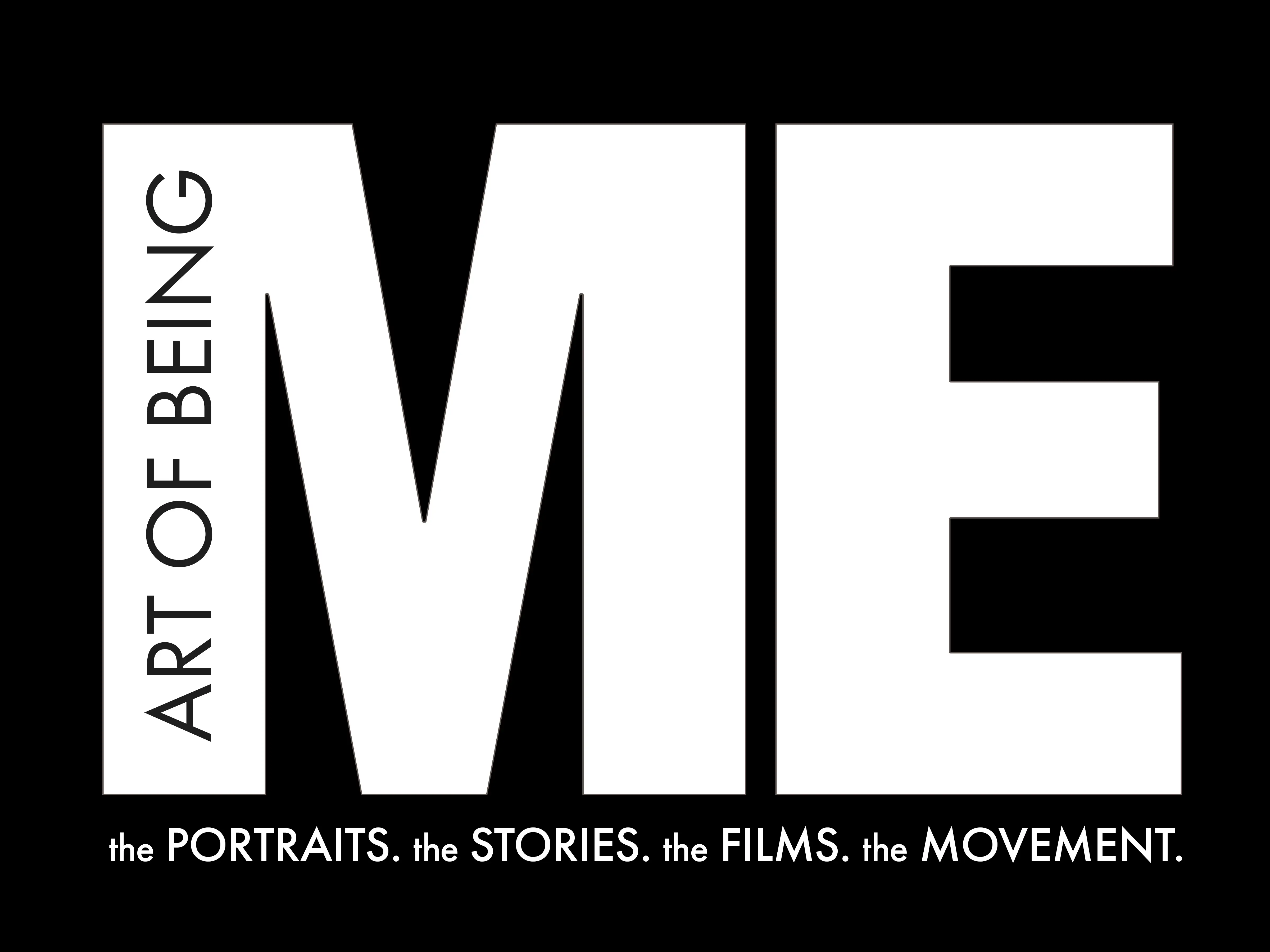A BJC HealthCare Employee Reflects on His Recovery

When Carl Summers was using drugs, he couldn’t take care of his two daughters –– he couldn’t even look in the mirror. A low point came when his family asked him to sign a life insurance policy, “in case I died during active addiction,” he said. But with that rock bottom moment came a realization: “Y’all don’t care if I live –– I better care if I live,” he remembered thinking.
Summers entered treatment and found a job and housing. Today, he’s been sober for 27 years, and since 2018, he’s worked for BJC Behavioral Health, where he helps others by sharing his story.
BJC Behavioral Health offers community-based services and coordinates with a variety of agencies and resources in the St. Louis area to further its mission of improving mental health and well-being across the region.

Recently, Summers’ portrait was part of an art exhibit from the Burrell Foundation featured at the Barnes-Jewish Center for Advanced Medicine (CAM) that presented 20 individuals’ experiences with mental health conditions. Coinciding with World Mental Health Day, the exhibit, titled “Art of Being Me,” highlighted the struggles of people like Summers, and gave room for discourse and transparency for anyone who has encountered mental health struggles and sought support.
“No matter how hard a situation is,” Summers said, “there’s something good in it, too.”
Summers said he was exposed to drugs and alcohol during high school. After high school, he had an itch to explore city life –– and with that came “drinking alcohol, and smoking marijuana and crack cocaine,” he recalled.
One of the most painful parts of that period, Summers remembered, was that he was unable to take care of his two daughters “because of my addiction.”
“I was on a slippery slope. I couldn’t look in the mirror,” he said of the time when he was unable to care for his family. “[It was like] I’d made up my mind: I was going to die getting high.”
But Summers didn’t die getting high. In fact, those sobering thoughts led to him ultimately seeking sobriety. And it was the very family he couldn’t help who helped him get back on his feet while he was in recovery.
Summers has 30 siblings; though some have passed, he’s in touch with all of them who are still living. His sister sold him her car while he was in recovery. She also helped him find a place to live and encouraged him to get a loan to buy a house. Summers says that at the time, his credit score wasn’t favorable, so his sister helped him by drawing up a contract, and he paid her for the house.
“I still have that house to this day,” he said. “I never missed a note on it.”
In treatment, Summers had a counselor who said, “Carl…if you do these five things, you can make it,” he remembered with a smile. “Keep your relationship with a higher power [God]. Go to meetings. Get a sponsor. No matter what, have some kind of legal income. Don’t use drugs or alcohol or commit a crime.”
Summers kept “working and working and working” to rebuild his life. “My sponsor at the time, his wife asked me if I wanted a job at a treatment center. ‘I don’t have a problem with that,’” Summers told her. He began working at Gateway Free and Clean and then as a roofer before taking a position at New Beginnings.
Doors continued to open for Summers. He was asked to return to Gateway Free and Clean, and then someone he knew suggested Summers apply for a position at BJC HealthCare. “I tried, I applied for it and the rest is history. I’ve been at BJC for the last five years now.”
Today, Summers owns his story, is thriving and enjoys a happy life. He’s been married for 19 years; he and his partner have a son together, who is a senior in high school. “She has two sons, I have two daughters, and we have one son together,” he said of his partner and family. Summers said that the ability to be a present, sober and supportive parent today is deeply meaningful to him.
Summers continues to vulnerably share his powerful story because, he explained, “by the grace of God I’m living because I’m doing His assignment, versus my own will.” Faith, said Summers, has played a huge role for him in changing his station in life. “[God] saved my life –– so why don’t I save other people’s lives?”
When asked what he’d say to people with an addiction who want to get support, Summers said, “I tell him you don’t have to do nothing in the rest of your life alone –– you have help. The only thing that can hold you back is your pride and your ego.” He said that people should know: You can get the help you need if you want the help.
“I’m not ashamed of my past because it’s given me the characteristics of becoming a better person,” he said. “Better than I thought I could be.”
If you are in a crisis, contact Behavioral Health Response at (314) 469-6644
- Patient Story